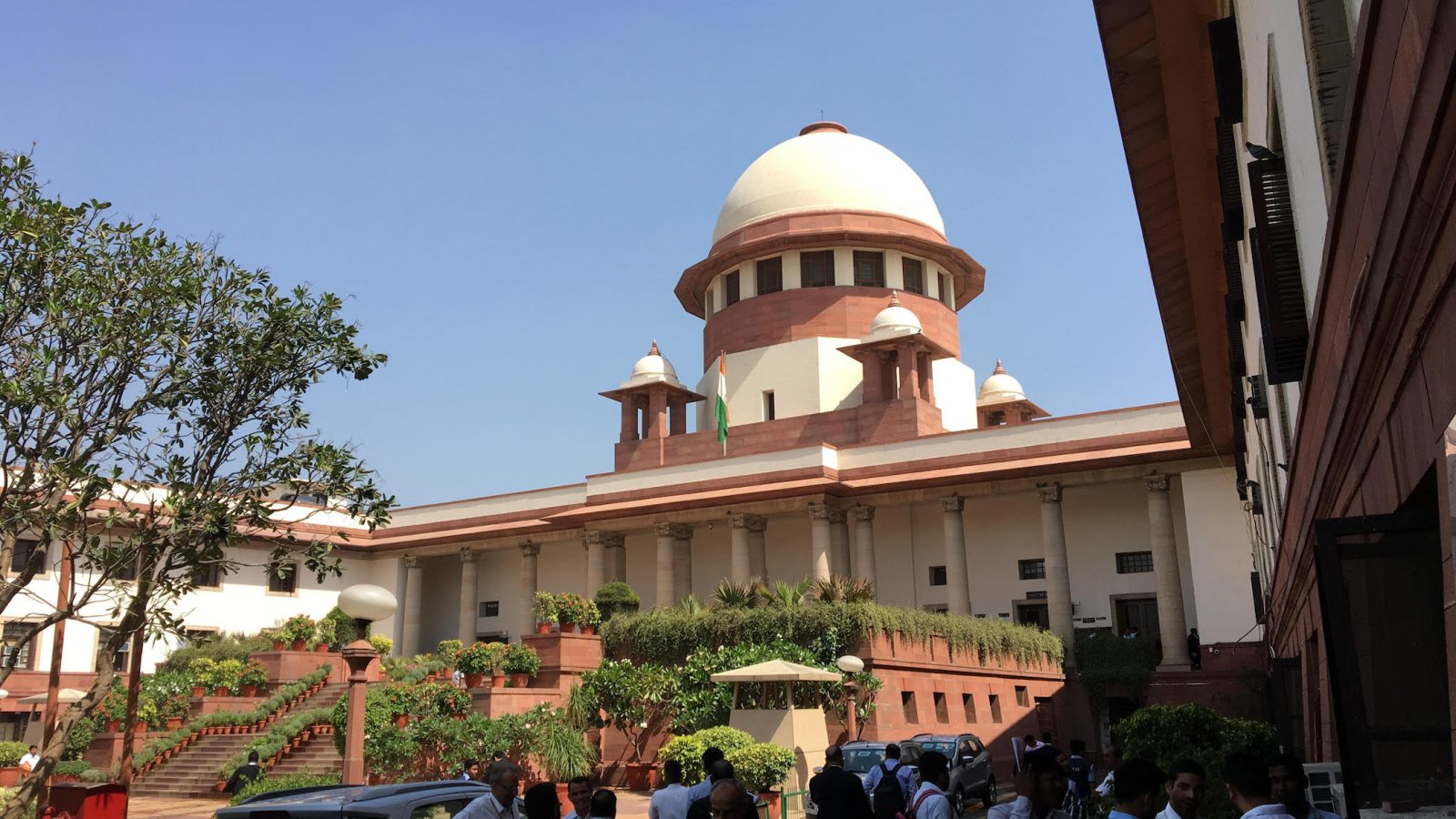


The Supreme Court on Monday dismissed a plea by the State Bank of India (SBI) to extend the deadline set by the top court for furnishing details of electoral bonds encashed by political parties since April 12, 2019 [Association for Democratic Reforms and Anr vs Union of India Cabinet Secretary and ors].The apex court had set the deadline as March 6 and the SBI had moved the Court seeking extension till June 30 to comply with the Court's directions.However, a five-judge Constitution bench of Chief Justice of India (CJI) DY Chandrachud with Justices Sanjiv Khanna, BR Gavai, JB Pardiwala and Manoj Misra rejected the bank's plea and ordered that the details be disclosed by March 12."Submissions of SBI in application indicates that information sought is readily available. thus the application by SBI seeking extension of time until June 30 is dismissed. SBI is directed to disclose the details by the close of business hours of March 12, 2024," the Court ordered.The bench also cautioned SBI of contempt of court in case it fails to comply with the Court's direction."Though we are not exercising the contempt jurisdiction, we place SBI put on notice that this court will proceed against it for willful disobedience of court if it does not adhere to the directions issued by the court," the order said.The bench passed the order after noting that the Electoral Bonds scheme - which was struck down by the top court last month - had itself stipulated that the information furnished by the buyer of such bonds shall be treated as confidential by the authorised bank and shall be disclosed when called upon to do so or registration of an offence by a law enforcement agency."Thus, as per EB scheme itself, SBI is mandated to disclose information when demanded," the Court said.Further, the Court noted that the details to be disclosed are readily available with the SBI."Directions of this court requires SBI to disclose information which is already available with it. the FAQs on electoral bonds state that the KYC documents must be submitted by the purchaser each time that the bond is purchased irrespective of that purchaser has a KYC verified purchaser account. Thus, details of EB purchased and directed to be disclosed is readily available," the order said.Further it noted that the Frequently Asked Questions (FAQ) published by the SBI with respect to redemption of electoral bonds states that each political party can only open one current account for electoral bonds redemption."The current account by the political party only in four authorised branches. Thus, the details of information of electoral bonds encashed by political parties will be available in these four branches and the slips, etc. will have to be deposited with the main bank and this process was followed," the bench observed while rejecting SBI's plea.
The electoral bonds scheme allowed donors to anonymously send funds to a political party after buying bearer bonds from the State Bank of India (SBI).It was introduced introduced through the Finance Act, 2017, which in turn amended three other statutes - the Reserve Bank of India Act, the Income Tax Act and the Representation of People Act.Various petitions were filed before the top court challenging at least five amendments made to different statutes through the Finance Act, 2017 on the ground that they have opened doors to unlimited, unchecked funding of political parties.On February 15 this year, the Constitution Bench unanimously quashed the Electoral Bonds Scheme and directed SBI to submit the details of the political parties that have received contributions through electoral bonds from April 12, 2019, to the Election Commission of India (ECI).The Court in that judgment ordered that details of each electoral bond encashed by political parties must be furnished by the SBI to the ECI by March 6.
TAGS: Supreme Court State Bank of India (SBI) plea deadline electoral bonds political parties Association for Democratic Reforms Constitution bench